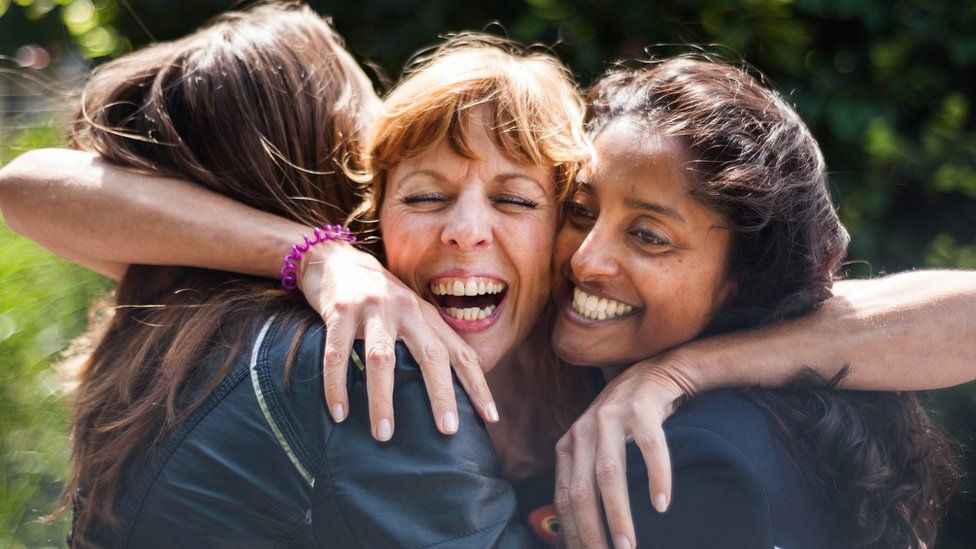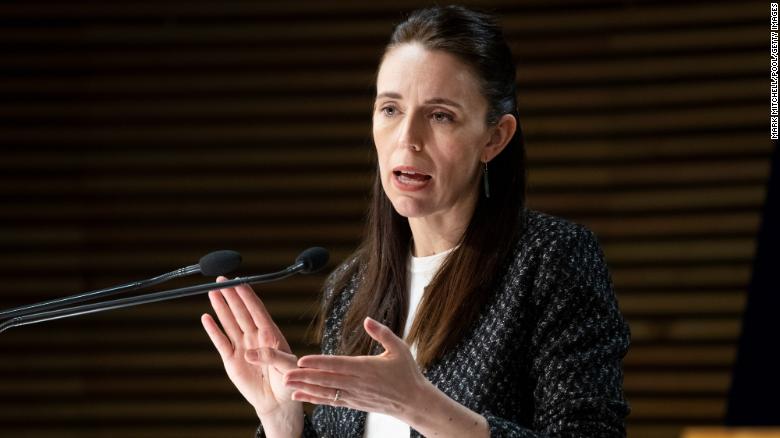Impact of COVID-19 on poor mental health in children and young people ‘tip of the iceberg’ – UNICEF
New analysis indicates lost contribution to economies due to mental disorders among young people estimated at nearly $390 billion a year

By TRN Online, Kathmandu, Oct 7: Children and young people could feel the impact of COVID-19 on their mental health and well-being for many years to come, UNICEF warned in its flagship report published in New York on October 5.
According to The State of the World’s Children 2021; On My Mind: promoting, protecting and caring for children’s mental health – UNICEF’s most comprehensive look at the mental health of children, adolescents and caregivers in the 21st century – even before COVID-19, children and young people carried the burden of mental health conditions without significant investment in addressing them, Unicef stated in its press release.
The Unicef said citing the latest available estimates that more than 1 in 7 adolescents aged 10–19 is estimated to live with a diagnosed mental disorder globally. Almost 46,000 adolescents die from suicide each year, among the top five causes of death for their age group.
Meanwhile, wide gaps persist between mental health needs and mental health funding. The report finds that about 2 per cent of government health budgets are allocated to mental health spending globally.
“It has been a long, long 18 months for all of us – especially children. With nationwide lockdowns and pandemic-related movement restrictions, children have spent indelible years of their lives away from family, friends, classrooms, play – key elements of childhood itself,” said UNICEF Executive Director Henrietta Fore. “The impact is significant, and it is just the tip of the iceberg. Even before the pandemic, far too many children were burdened under the weight of unaddressed mental health issues. Too little investment is being made by governments to address these critical needs. Not enough importance is being placed on the relationship between mental health and future life outcomes.”
Children’s mental health during COVID-19
Indeed, the pandemic has taken its toll. According to early findings from an international survey of children and adults in 21 countries conducted by UNICEF and Gallup – which is previewed in The State of the World’s Children 2021 – a median of 1 in 5 young people aged 15–24 surveyed said they often feel depressed or have little interest in doing things.
As COVID-19 heads into its third year, the impact on children and young people’s mental health and well-being continues to weigh heavily. According to the latest available data from UNICEF, globally, at least 1 in 7 children has been directly affected by lockdowns, while more than 1.6 billion children have suffered some loss of education. The disruption to routines, education, recreation, as well as concern for family income and health, is leaving many young people feeling afraid, angry, and concerned for their future. For example, an online survey in China in early 2020, cited in The State of the World’s Children, indicated that around a third of respondents reported feeling scared or anxious. Mental- health features as one of the top three concerns of children adolescent according to community respondents in Nepal.
Cost to society
Diagnosed mental disorders, including ADHD, anxiety, autism, bipolar disorder, conduct disorder, depression, eating disorders, intellectual disability, and schizophrenia, can significantly harm children and young people’s health, education, life outcomes, and earning capacity.
While the impact on children’s lives is incalculable, a new analysis by the London School of Economics in the report indicates that lost contribution to economies due to mental disorders that lead to disability or death among young people is estimated at nearly $390 billion a year.
Protective factors
The report notes that a mix of genetics, experience and environmental factors from the earliest days, including parenting, schooling, quality of relationships, exposure to violence or abuse, discrimination, poverty, humanitarian crises, and health emergencies such as COVID-19, all shape and effect children’s mental health throughout their lifetime.
In Nepal 20 per cent of suicide ideation calls to psychological helplines are correlated with violence including GBV and 25 per cent with economic deprivation.
While protective factors, such as loving caregivers, safe school environments, and positive peer relationships can help reduce the risk of mental disorders, the report warns that significant barriers, including stigma and lack of funding, are preventing too many children from experiencing positive mental health or accessing the support they need.
The mental health of caregivers is also a critical protective factor for children and adolescents. Supporting parents and caregivers to identify stressors, seek help will enhance their capacity to care for children when they need it the most.
The State of the World’s Children 2021 calls on governments, and public and private sector partners, to commit, communicate and act to promote mental health for all children, adolescents and caregivers, protect those in need of help, and care for the most vulnerable, including:
- Urgent investment in gender-sensitive child and adolescent mental health across sectors, not just in health, to support a whole-of-society approach to prevention, promotion and care, to ensure availability and accessibility of basic quality mental health and psychosocial support services for all and specifically for vulnerable children and parents.
- Integrating and scaling up evidence-based interventions across health, education and social protection and child protection sectors - including parenting programmes that promote responsive, nurturing caregiving and support parent and caregiver mental health; and ensuring schools support mental health through quality services and positive relationships.
Recent News

Do not make expressions casting dout on election: EC
14 Apr, 2022
CM Bhatta says may New Year 2079 BS inspire positive thinking
14 Apr, 2022
Three new cases, 44 recoveries in 24 hours
14 Apr, 2022
689 climbers of 84 teams so far acquire permits for climbing various peaks this spring season
14 Apr, 2022
How the rising cost of living crisis is impacting Nepal
14 Apr, 2022
US military confirms an interstellar meteor collided with Earth
14 Apr, 2022
Valneva Covid vaccine approved for use in UK
14 Apr, 2022
Chair Prachanda highlights need of unity among Maoist, Communist forces
14 Apr, 2022
Ranbir Kapoor and Alia Bhatt: Bollywood toasts star couple on wedding
14 Apr, 2022
President Bhandari confers decorations (Photo Feature)
14 Apr, 2022











